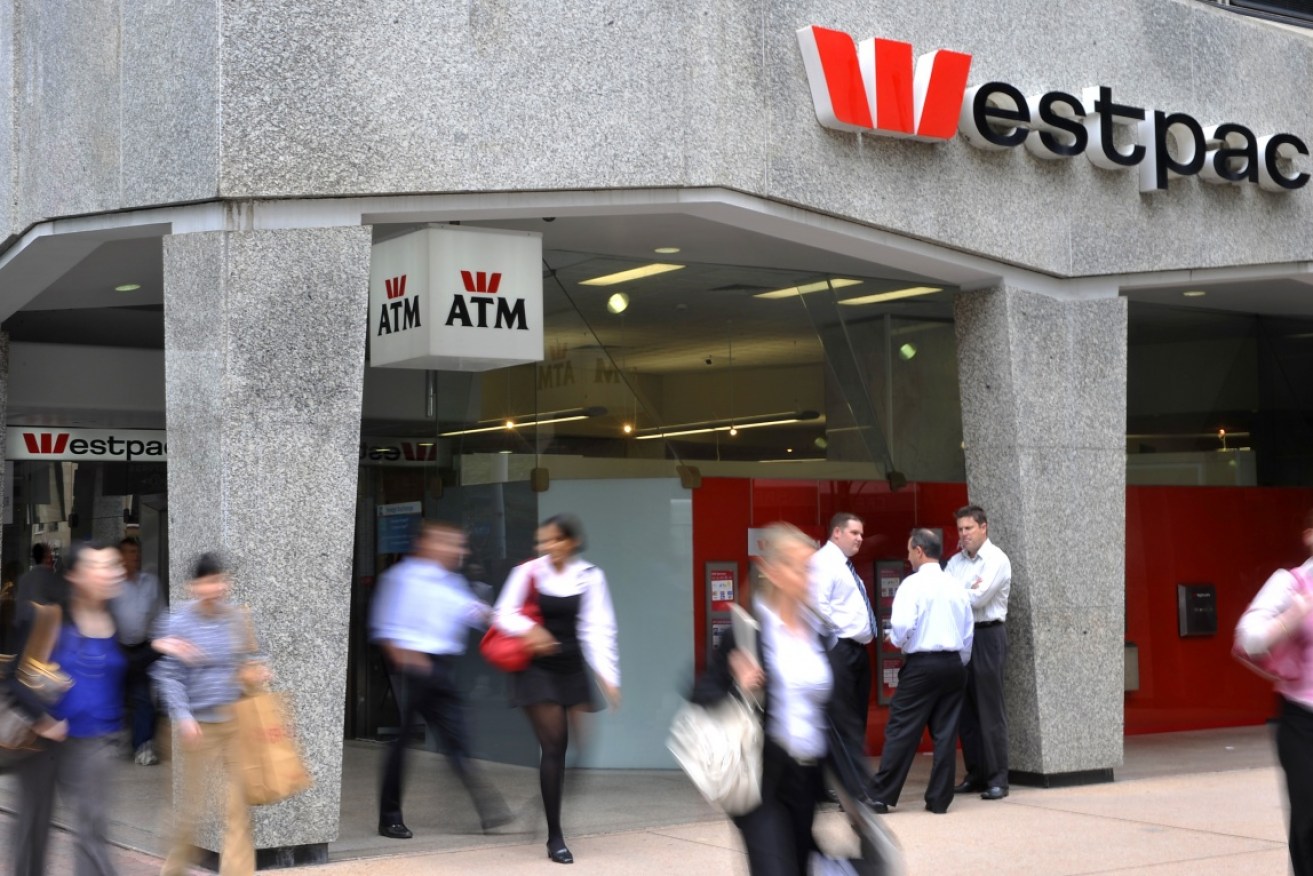Westpac, NAB won’t rule out fee hikes

Westpac and NAB are refusing to rule out hiking late payment fees. Photo: AAP
Westpac and National Australia Bank are refusing to rule out hiking late payment fees on credit cards after a High Court decision cleared the way for banks to set fees arbitrarily.
The High Court on Wednesday dismissed an appeal by Maurice Blackburn on behalf of more than 40,000 ANZ credit card customers who alleged the bank had forced them to pay “exorbitant” and “unconscionable” late fees.
The decision brings to an end a six-year legal battle that could have resulted in customers recovering up to $500 million in late fees collected by the major banks.

Westpac refused to rule out fee hikes. Photo: AAP
In response to written questions submitted by The New Daily, Westpac refused to rule out fee hikes for customers who were late paying their monthly credit card bills.
“Westpac keeps all of its fees constantly under review, taking into account a wide range of factors,” a Westpac spokesperson said.
“We also focus on creating ways to help customers avoid these fees.”
Westpac’s responses to The New Daily’s written questions are a potentially ominous signal from the bank because it has not increased its late payment fees on credit cards since October 2009.
National Australia Bank also declined to rule out hiking late payment fees, saying that customers should contact the bank to avoid incurring such fees.

NAB said its late payment fees are avoidable. Photo: AAP
“NAB’s late payment fee is avoidable, and there are a number of ways customers can prevent getting charged this fee, including by setting up direct debits and SMS alert,” a spokesperson said in comments emailed to TND.
Both NAB and Westpac reduced their late payment fees to $9 in 2009 after media outlets first reported that a class action was imminent.
ANZ, which lowered its late payment fee from $35 to $20 in 2009, said it had no plans to raise fees.
Political bunfight looms
The reactions of Westpac and NAB are likely to fuel concerns of consumer advocates who were already warning that banks would boost fees and charges if the class action failed.
“This disappointing decision shows that our laws are not able to protect consumers from the powerful banking sector,” said CHOICE chief executive Alan Kirkland.
“With banks charging out-of-proportion fees and posting record profits, it’s clear that there’s a major issue with competition in the banking sector.”
Maurice Blackburn’s head of class actions, Andrew Watson, said the judgement would result in banks increasing late payment fees on credit cards.
“They will charge what they think the market will bear,” he said.

Former ANZ customer Julian Saliba (L) and Maurice Blackburn’s Andrew Watson after the High Court decision. Photo: AAP
“The decision effectively gives a green light to banks and other companies to engage in gouging of these kind of fees.
“Every banking customer in Australia was affected by this judgement.”
The refusals by NAB and Westpac to rule out fee increases will probably do little to placate crossbench senators who are agitating for a royal commission to be held into recent scandals over financial planning and interest rate-rigging linked to the banks.
Calls for legislative reforms
CHOICE and a string of other consumer groups are calling on the Turnbull government to introduce new laws that would prevent banks from levying fees above the costs they incur when customers pay their credit card bills late.
“We’ll be asking the government to fix this and tip the balance back to Australians,” said Gerard Brody of the Consumer Action Law Centre in Melbourne.
“The fees charged by banks and other businesses need to actually reflect the cost and not be used to add to their bottom lines.”
Gerard Brody of the Consumer Action Law Centre in Melbourne
However, the early indications from Treasurer Scott Morrison’s office are not encouraging for the consumer movement.
While a spokesperson for Mr Morrison indicated on Wednesday night that the government was committed to making credit card regulation fair, they skirted commenting on the specific matters raised in the bank fees class action.
The spokesperson said only that the government would implement most of the recommendations of David Murray’s financial system inquiry.
The Murray inquiry made no recommendation on whether late payment fees and other bank charges should be more tightly regulated.








